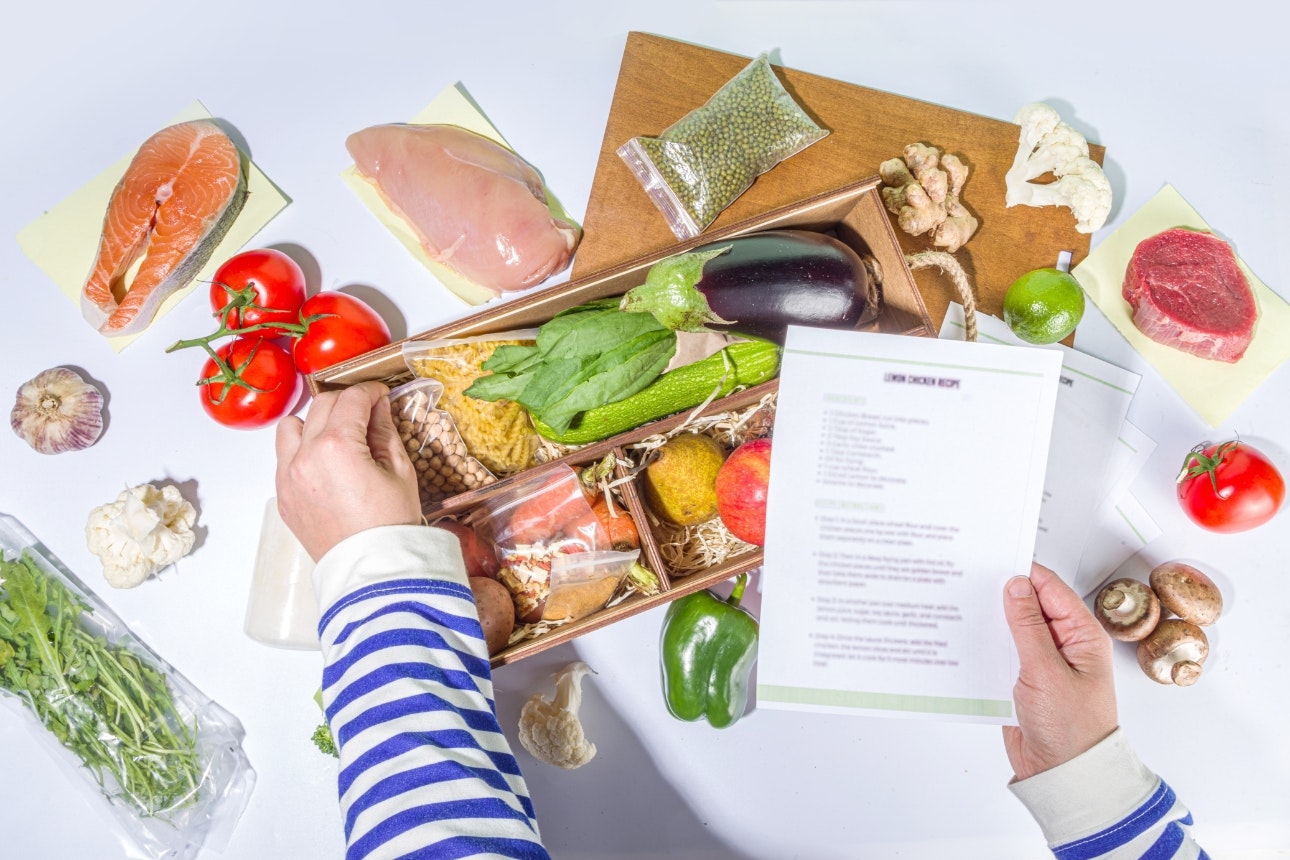
By Kate Harvey
Content Manager | Pou Whakahaere Ihirangi
New Zealanders say they’re buying more rice, pasta and frozen vegetables at the supermarket and have cut back on soft drinks, junk food and snacks.
The New Zealand Grocery Shopper Report, produced by an Australian market research company called Focus Insights, shows how people are changing what they put in their trolley. One of the questions it asked people was what they had been spending more and less of at the supermarket so far this year.
Neil Moody, Focus Insight client director, says the basics on the list such as rice and pasta reflected the survey findings that 52% of households were ordering takeaways less often and 50% were going out for meals less.
“There’s a switch there to a focus on staples and it aligns with what people are saying about how they’re replacing meals out with meals in as a way to manage their overall budget,” Moody says.
“The cheese being in there is likely because people are making sandwiches at home and using cheese instead of buying lunch out at a café.”
He says the mention of frozen vegetables on the list could be seen as people wanting to still eat healthy but with less risk of wastage.
Some items, such as meat, fruit and vegetables, appeared on both lists as some people had cut right back, but some were still able to prioritise eating healthy, Moody says.
Two in five households were “consciously managing” how much they spent on meat. This involved eating meat-free more often, buying cheaper cuts of meat, and using smaller proportions of meat in rice and pasta meals.
The report also found that 40% of New Zealanders are buying more home-brand products because they’re cheaper, with Pams being the favourite.
Loyalty rewards are also affecting shopping choices, too – 60% of respondents let it sway their purchasing decisions, with Woolworths Everyday Rewards being the most popular supermarket loyalty scheme (61% of respondents regularly used) followed by New World’s Clubcard (45%).
How have higher food prices affected what you put in the trolley? If you're a member, let us know what you’re buying more and less of in the comment section below.
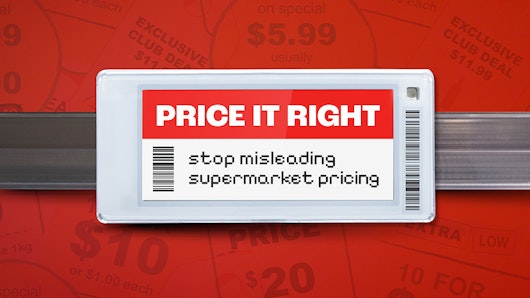
Make supermarkets price it right
Find out about our campaign to tell the government we need clear rules, stronger penalties and automatic compensation for shoppers.
Comments
Was this page helpful?
Related articles
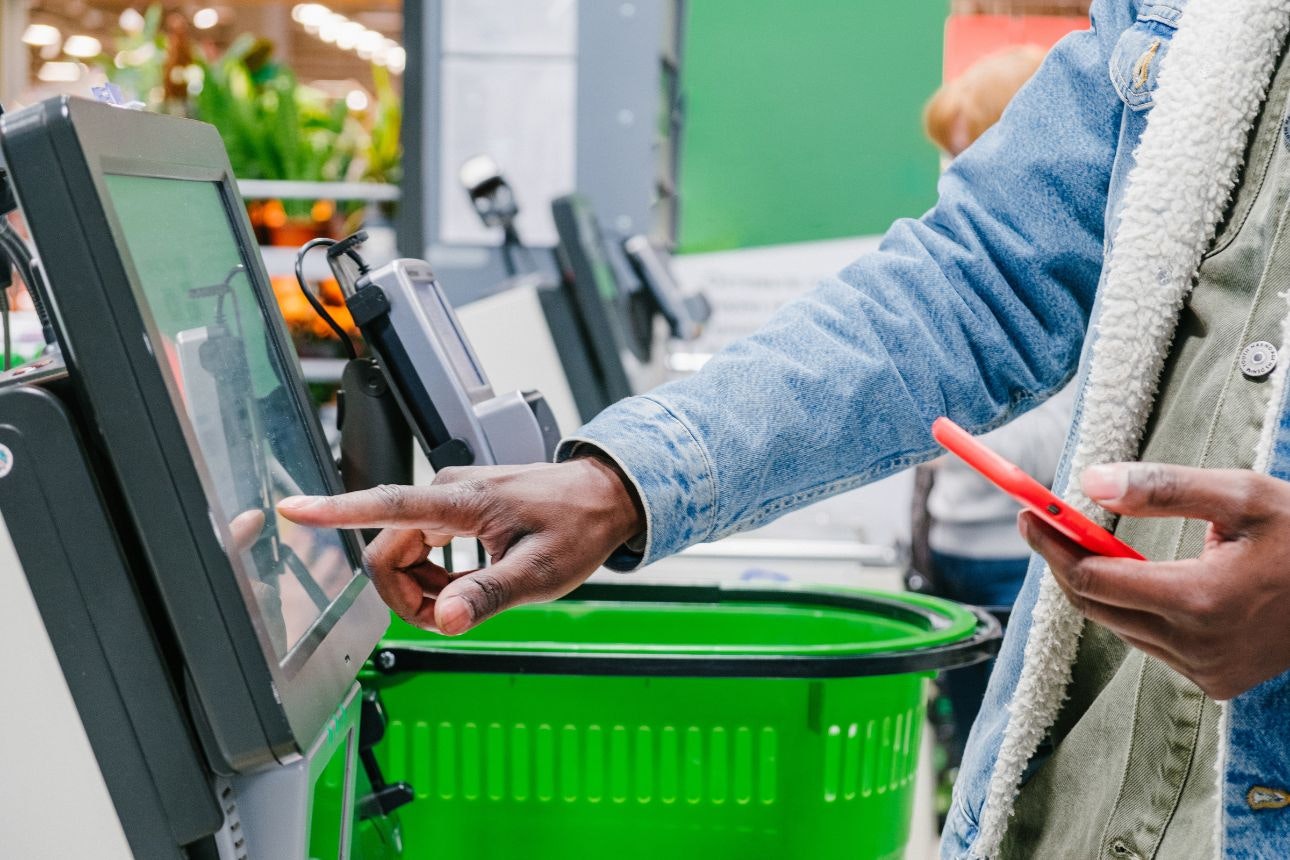
Expert shares 8 ways to save money at the supermarket using unit pricing
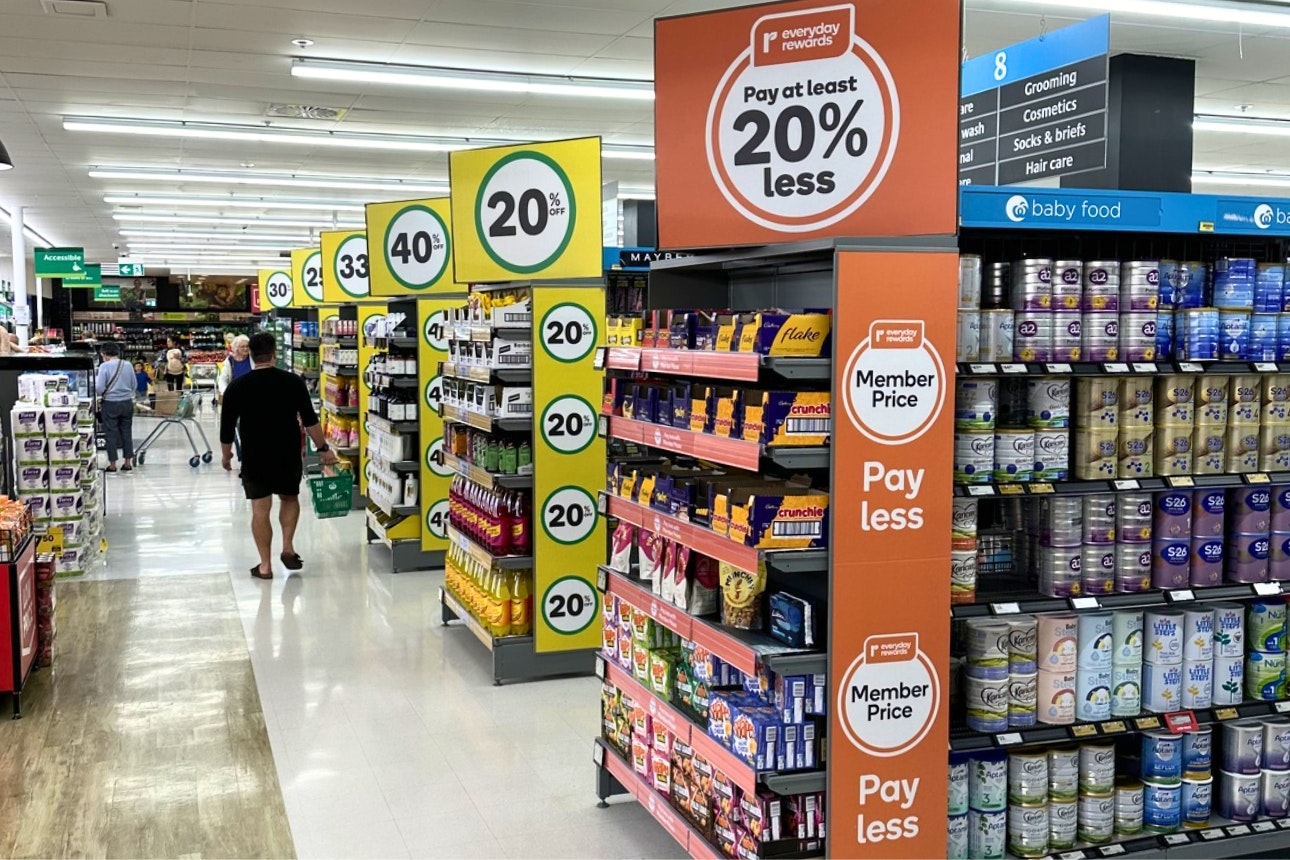
A marketing professor explains how shops trick you into buying more
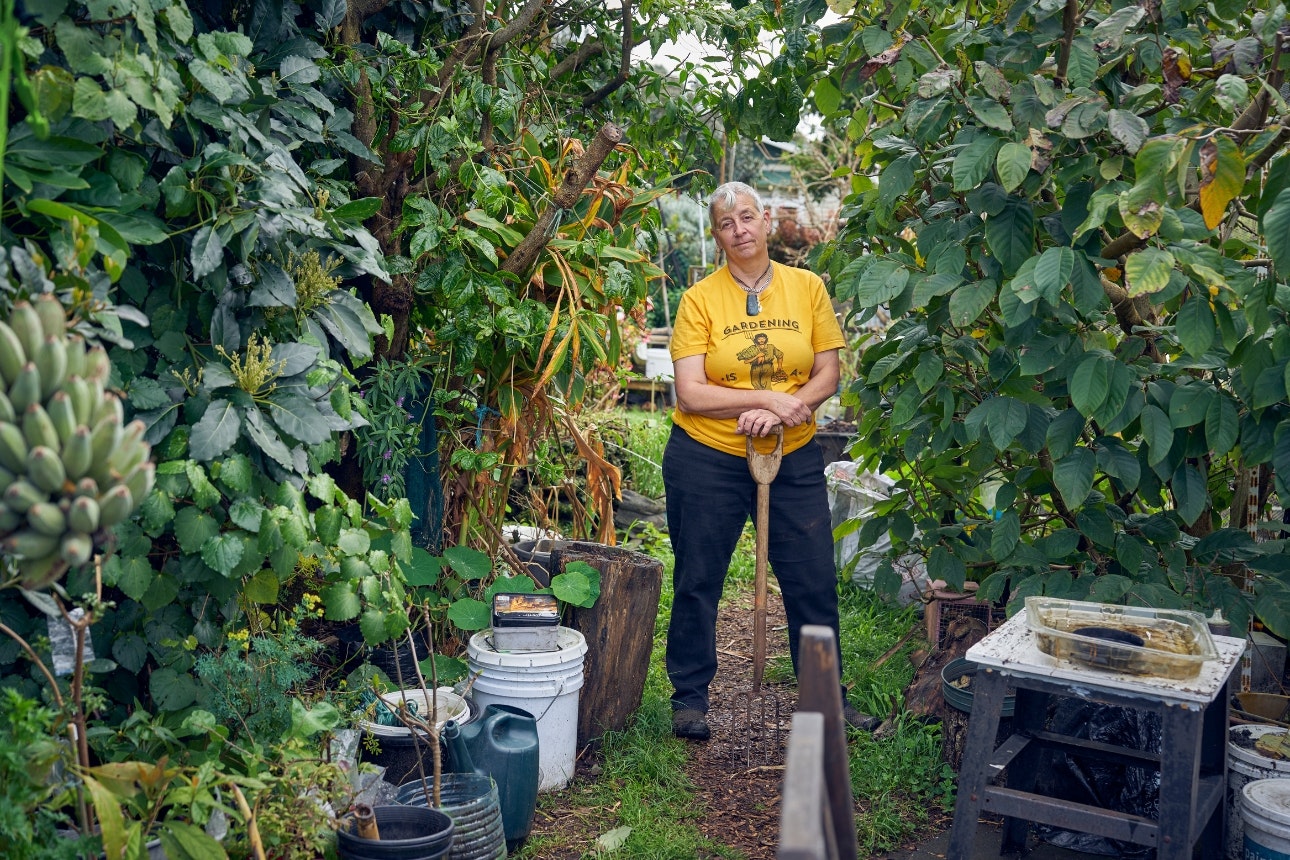
Gardens over groceries: Meet the people who ditched supermarkets
